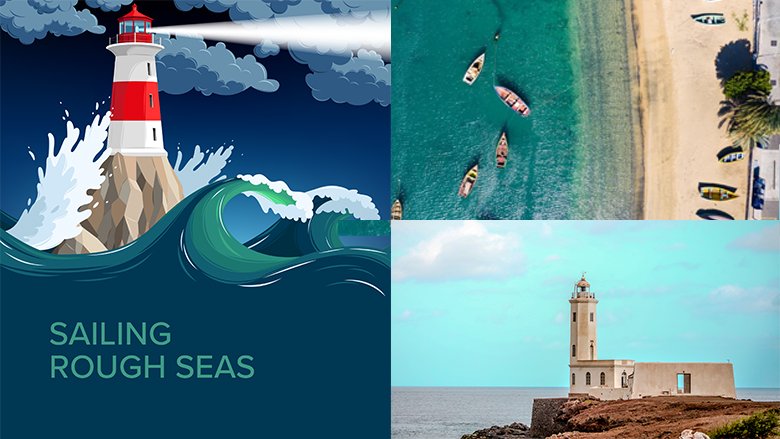PRAIA, JULY 14th, 2023 – In 2022, Cabo Verde witnessed strong economic growth, led by the sectors of tourism, transport, and commerce. This surge in economic activity boosted the country's GDP and contributed to poverty reduction. However, the need for economic diversification and for resilience to external shocks, particularly climate related, posed significant threats to the sustainability of growth. These are the key issues tackled by the 2023 Country Economic Memorandum and the 2023 Economic Update, two new reports published by the World Bank.
Cabo Verde has achieved significant social and economic progress since its independence in 1975, despite its geographical challenges and limited resources. However, there are still challenges that need to be addressed to ensure sustainable and inclusive long-term economic growth. Three priorities discussed in the CEM are (i) the importance of increasing firm-level productivity to generate more and better jobs; (ii) the need to reduce economic fragmentation by reduction transportation costs among islands; and (iii) the significance of building economic resilience to climate shocks.
The 2023 Economic Update is a comprehensive overview of Cabo Verde's economy in 2022. The report provides a clear understanding of the economic context and challenges faced by the country in the short term, facilitating the implementation of necessary reforms moving forward.
“By implementing the recommendations outlined in these reports, in line with the national development policy (PEDS II), Cabo Verde has the potential to gradually diversify its economy, improve firm-level productivity, and prepare better for the impacts of climate shocks. These efforts will foster sustainable and inclusive growth, reduce poverty, and promote shared prosperity for the country and its people”, said Eneida Fernandes, World Bank Resident Representative in Cabo Verde.

